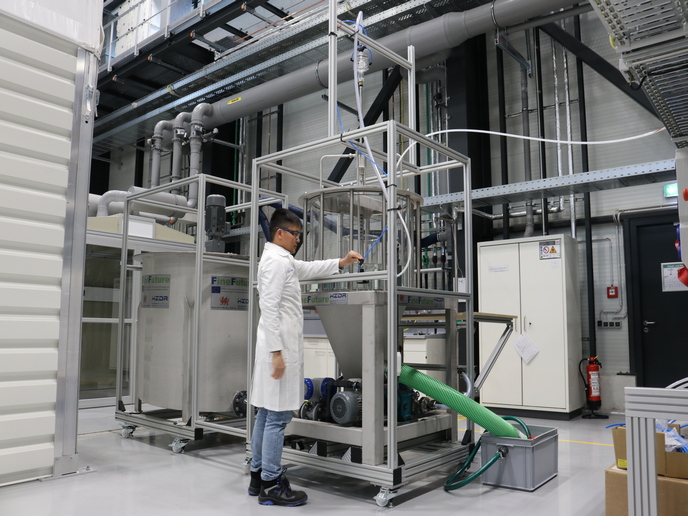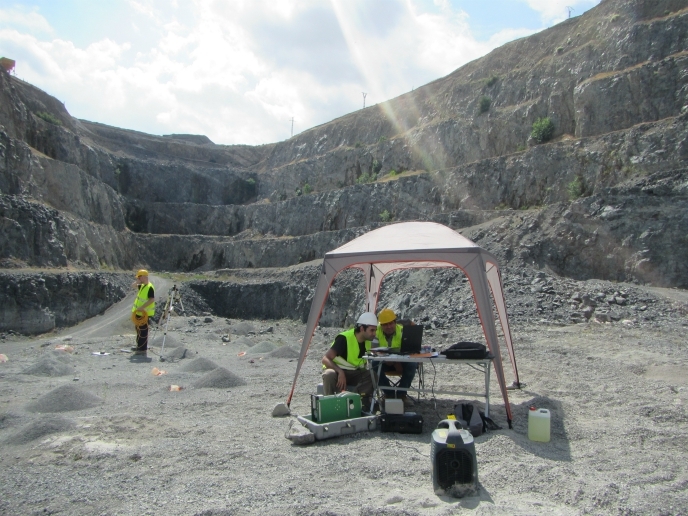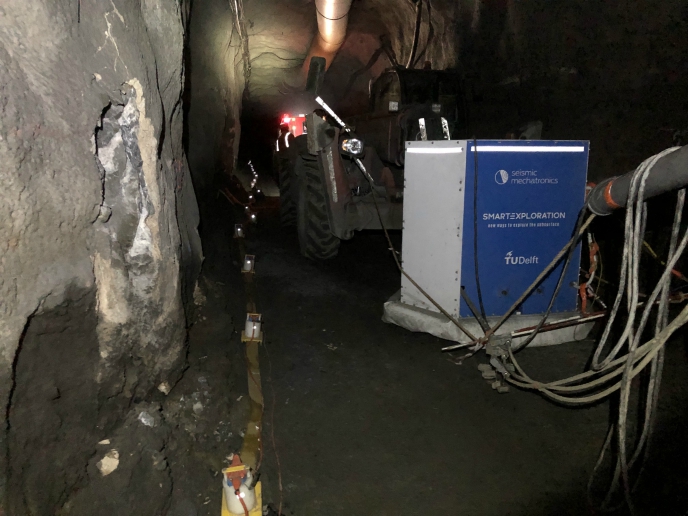European Innovation Network on Critical Raw Materials
Industries such as automotive, chemicals, construction, aerospace and machinery contribute over EUR 1 billion in total added value and provide jobs for 30 million citizens. Risks to secure CRM supply – in part due to dependence on imports – are posing major challenges to traditional sectors of the economy as well as to implementation of the EU's clean energy agenda. The CRM_INNONET(opens in new window) (Critical Raw Materials Innovation Network – Towards an integrated community driving innovation in the field of critical raw material substitution for the benefit of EU industry) project focused on stimulating progress toward development of appropriate alternative solutions for applications relying on CRMs. Over 390 organisations have already joined the project's Innovation Network. Project partners conducted a mapping of CRM technologies and substitution initiatives and then a prioritisation process to see where Europe should focus its attention in terms of current market share, future market developments, jobs and strategic relevance. For each of the developed five themes – electric motors and drives, batteries and accumulators, high-value alloys, photonics and high-end optics, and printed circuit boards and electronic components – it laid out roadmaps, looking at where drivers and opportunities meet. The newly drafted roadmaps establish the basis for concrete actions aimed at the development of new technologies, production processes, regulations and standards that should strengthen European industrial sectors and positively affect resource efficiency and eco-innovation. They also describe promising pathways for reducing or eliminating CRMs over the next 10 to 15 years. The roadmaps for the five priority applications were developed by the project consortium in consultation with external experts, capturing options and timelines for substituting CRMs up to 2030 (up to 2050 in selected cases). Within the document on recommendations for policymakers, CRM_INNONET proposes measures to increase the effectiveness and efficiency of EU research activities focused on CRM substitution. Having mapped the current state of initiatives across and outside Europe, the document includes an analysis of best practices and detection of missing research and development policy initiatives. The project consortium considers CRM substitution just another alternative to address the raw material challenge in Europe, together with increased extraction and recycling. CRM_INNONET should speed up the development of CRM substitutions in areas of strategic importance to ensure that the EU economy remains competitive. With strong emphasis on networking and policy recommendations, outcomes are certain to have lasting impact.







